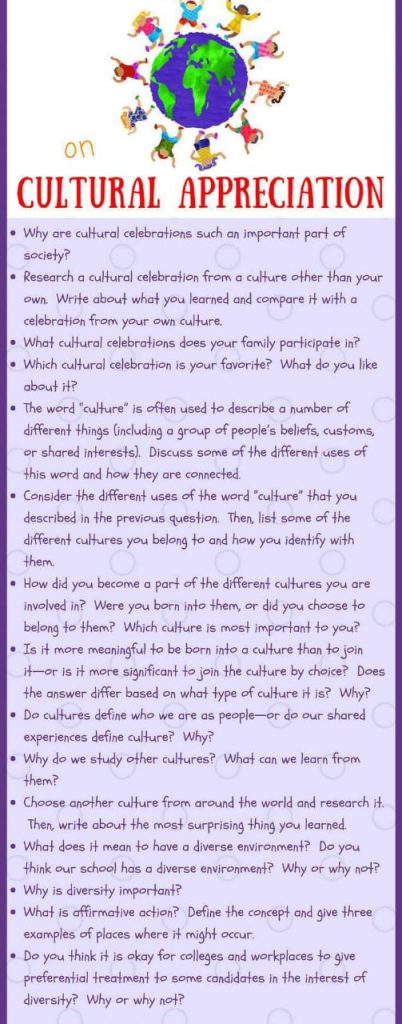
Studying abroad offers students a unique opportunity to immerse themselves in diverse cultures, traditions, and everyday life experiences that go beyond the confines of the classroom. In this article, we will delve into the enriching experiences outside the academic setting that contribute to a student’s education abroad.
Cultural Festivals and Celebrations:
Participating in cultural festivals and celebrations is a highlight of studying abroad. From vibrant street parades to traditional ceremonies, these events offer students a firsthand glimpse into the rich tapestry of cultural heritage of their host country. Whether it’s celebrating Diwali in India, experiencing the colorful spectacle of Carnival in Brazil, or joining in the lantern festivals of Asia, students are immersed in the sights, sounds, and flavors of local traditions. These experiences foster cross-cultural understanding, appreciation, and respect, while also providing opportunities for meaningful cultural exchange with local communities.
**Exploring Local Traditions and Customs:**
Studying abroad allows students to explore and embrace the unique traditions and customs of their host country. From trying traditional cuisine to learning about local rituals and ceremonies, students gain insight into the cultural practices that shape everyday life. Whether it’s participating in a tea ceremony in Japan, learning traditional dances in Africa, or observing religious rituals in the Middle East, students develop a deeper appreciation for the diversity of human expression and experience. These experiences promote cultural empathy, curiosity, and a sense of interconnectedness with people from different backgrounds.
Everyday Life in a New Culture:
Beyond special events and celebrations, everyday life in a foreign country offers students countless opportunities for cultural immersion. From navigating public transportation systems to shopping at local markets and interacting with neighbors, students engage with the rhythms and routines of daily life in their host community. These everyday experiences provide valuable insights into local customs, social norms, and communication styles, helping students develop cross-cultural competence and adaptability. Through interactions with locals, students also build meaningful connections and friendships that enrich their study abroad experience.
Cross-Cultural Friendships and Relationships:
Studying abroad facilitates the formation of cross-cultural friendships and relationships that transcend geographical boundaries. Whether through shared classes, extracurricular activities, or community events, students have the opportunity to connect with peers from diverse backgrounds. These friendships provide a support network and cultural exchange platform where students can learn from each other, share perspectives, and challenge stereotypes. Cross-cultural relationships foster mutual understanding, empathy, and appreciation for diversity, contributing to a more inclusive and interconnected global community.
Personal Growth and Intercultural Competence:
Engaging in cultural exchange activities outside the classroom promotes personal growth and intercultural competence. Students develop skills such as adaptability, communication, and empathy as they navigate unfamiliar cultural contexts and interact with people from different backgrounds. These experiences broaden students’ perspectives, challenge their assumptions, and encourage them to approach the world with curiosity and openness. By stepping out of their comfort zones and embracing new experiences, students emerge from their study abroad journey with a deeper understanding of themselves and the world around them.